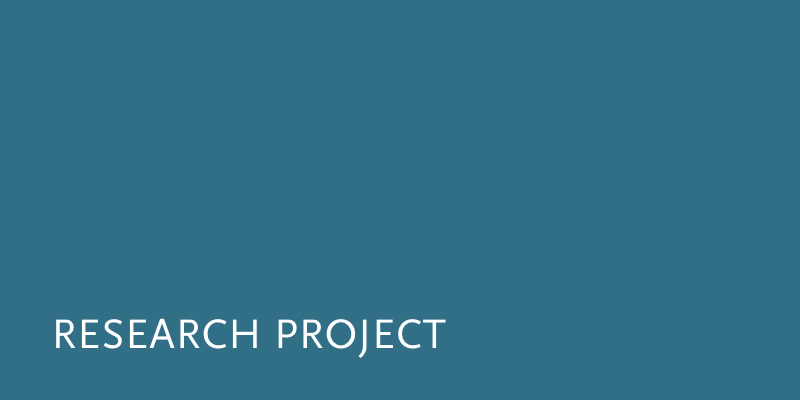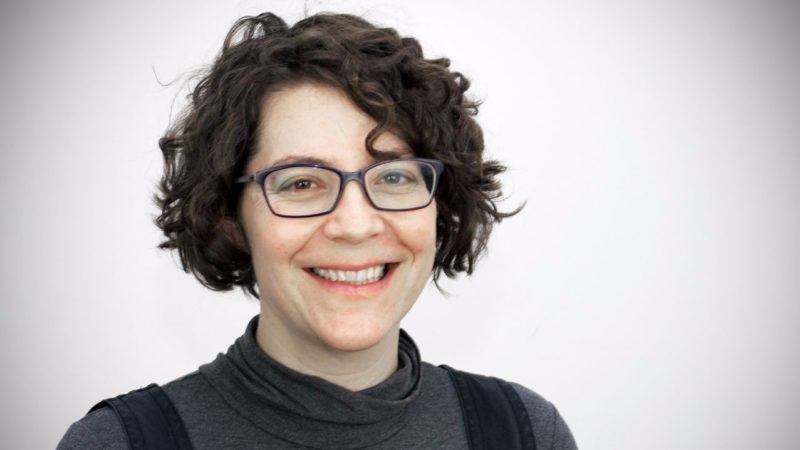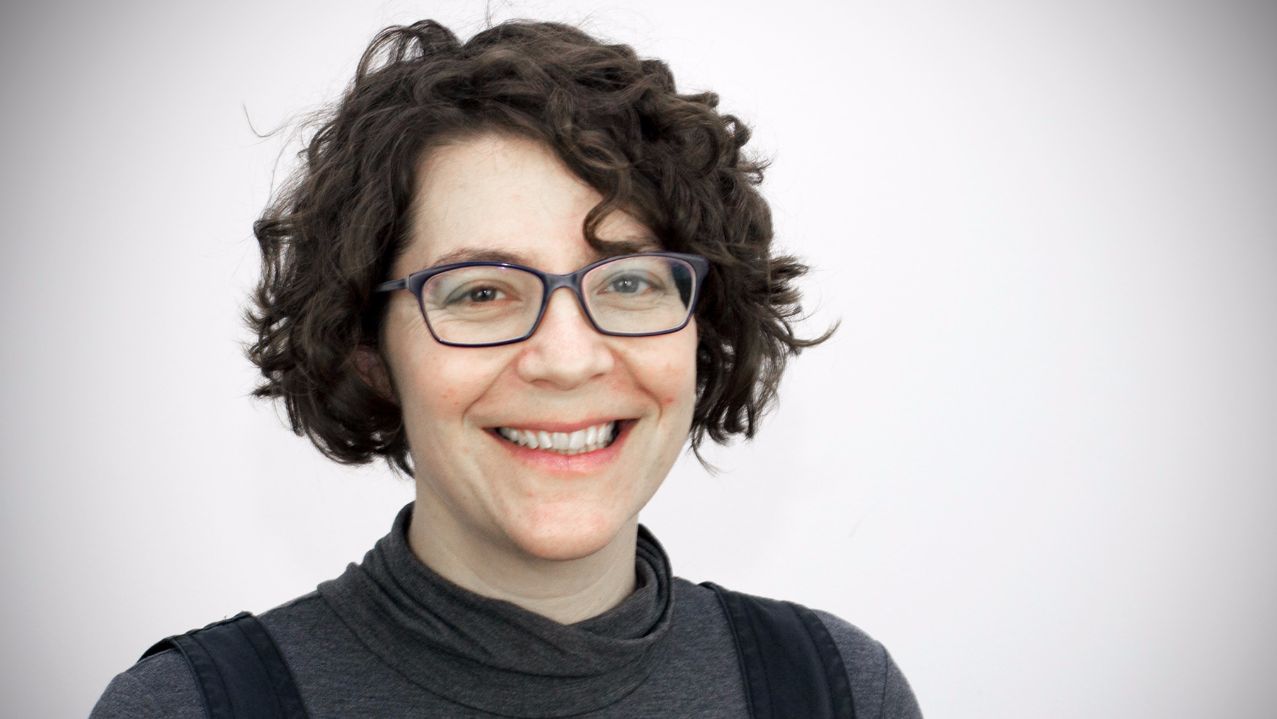
Pelagios Network: Linking the places of your past
Being able to link one document to another — and move easily between them — is one of the enabling features of the World Wide Web. But while surfing online in search of resources is one thing, being able to navigate between resources, compare, combine and re-use them in one’s own tools and workflow; or serendipitously stumble on related material is another question entirely.
Since 2012, the team at Pelagios has used the technologies behind Linked Open Data to introduce meta-links that create multi-lateral connections between clusters of content related to a specific concept. In this case, the content is geodata, which allows us to link historical materials through their common reference to particular places. This, in turn, allows us to ask new questions of old sources, and to think of new ways of representing knowledge. For example, how can the digitised versions of different historical sources, such as voyage literature, route maps, seafarers’ charts and medieval pilgrimage texts be used to help researchers understand how pre-modern authors and mapmakers conceptualised their world? And can these sources be used in ways that tell us anything new about the world we live in today?
Being able to do this requires interoperability between data sources, but rather than force data into the same format to encourage connections, Pelagios is a Digital Humanities project which provides lightweight conventions for how to express links between historical sources online. The project investigates new methodologies for using Linked Data to connect historical sources through common references using a variety of digital content including text, images, media, 3D objects, or online databases. This approach minimizes the entry threshold for data users by placing no requirements concerning the adherence to specific metadata schemas, data models, vocabularies or technical implementations with regard to the data.
Rebecca Kahn works with different partners (like the British Library and the Centre for Information Modelling, at the University of Graz) to prepare their collections to be brought into the project, and connected into the network of linked data. She administers Resource Development Grants, which provide small amounts of money to projects which build linked open data resources for use by the broader community.
| Duration | since 2012 |
| Sponsors | JISC, AHRC, Andrew W Mellon Foundation |
 Rebecca Kahn, Dr.Associated Researcher: Knowledge & Society
Rebecca Kahn, Dr.Associated Researcher: Knowledge & Society
Journal articles and conference proceedings
Gibson, L. & Kahn, R. (2016). Digital Museums in the 21st Century: Global Microphones or Universal Mufflers? Museological Review, 20, 39-52. Publication details
Book contributions and chapters
Kahn, R. (2019). The Nation is in the Network. In N. Brügger, & D. Laursen (Eds.), The Historical Web and Digital Humanities: The Case of National Web Domains (pp. 161-177). London, New York: Routledge. Publication details
Lectures and presentations
From Strings to Things: Using Linked Open Data for Cultural HeritageSpring School LiSeH 2019 Linked Data and the Semantic Web for Humanities research. University of Graz. University of Graz, Graz, Austria: 24.04.2019 Further information
Rebecca Kahn
Pelagios Commons: Linked Data without the Pointy BracketsDigital Classicist Seminar, Berlin (Session: Digital Classicist Berlin Seminar). Deutsches Archäologisches Institut, Interdisziplinäre Forschungsverbund Digital Humanities in Berlin, DARIAH-DE. Humboldt-Universität zu Berlin, Berlin, Germany: 16.10.2017 Further information
Rebecca Kahn
Moderation of workshops and panels
Swimming in (Linked) Data: Using the Semantic Web to make sense of Spatial HumanitiesAnnual Conference. DARIAH. University of Warsaw, Warsaw, Poland: 15.05.2019 Further information
Rebecca Kahn
